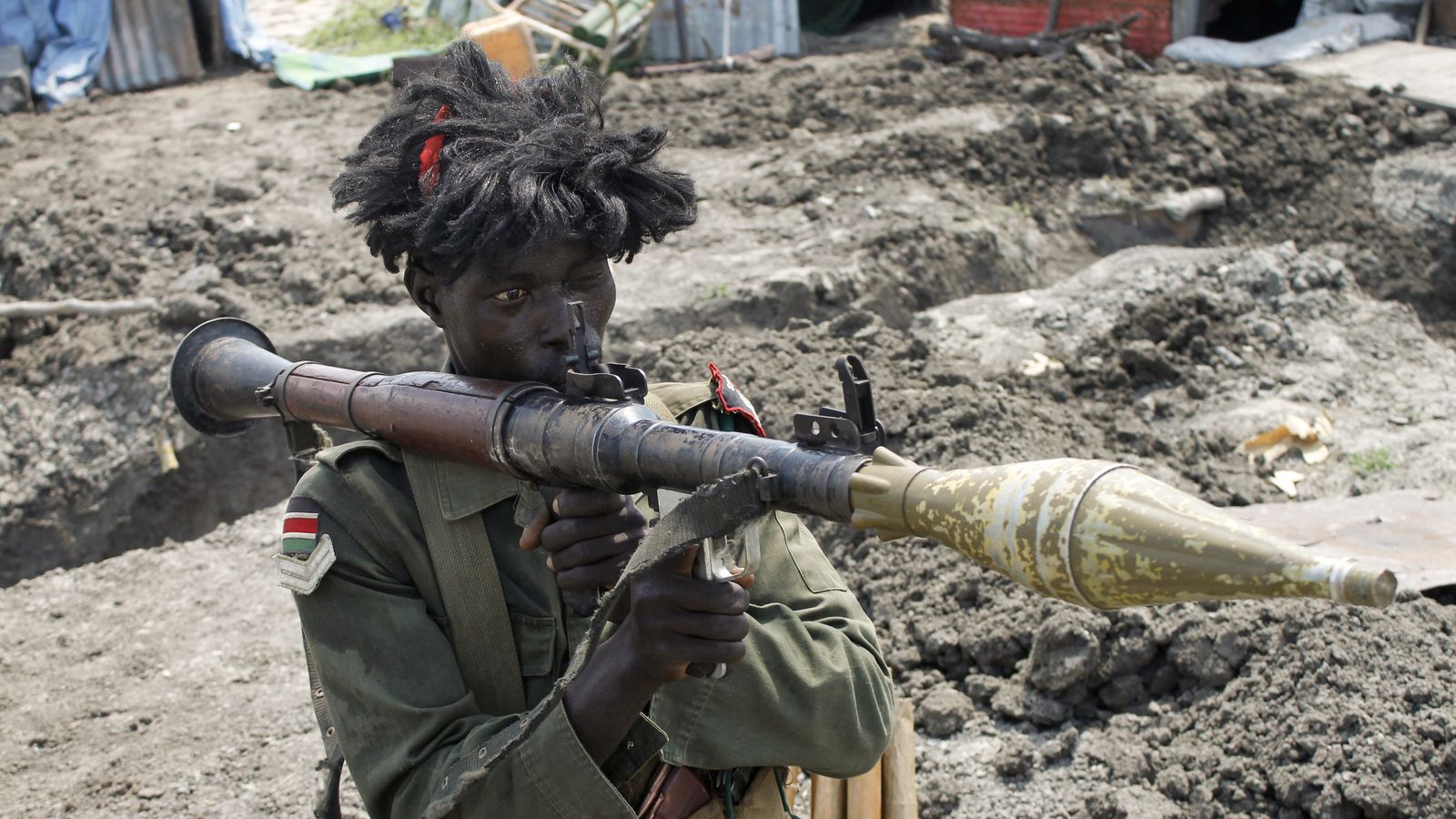

Machar, the leader of the rebels, was present along with officials of the South Sudanese government. The two sides signed the agreement after a round of peace talks hosted by Sudan’s defense ministry. The latest security agreement, signed Friday, offers a chance for the conflict to come to an end. Giving out supplies via air drops is an expensive option, especially as the humanitarian response is still significantly underfunded. With the start of the rainy season in South Sudan, roads may become increasingly difficult to access in order to distribute aid. In addition to the safety risks, aid workers face challenges with accessing affected populations. Workers have been abducted and over 100 killed during the war. Humanitarian aid workers themselves are also at risk of violence. The resulting malnutrition combines with water-borne illnesses, especially cholera, to pose serious health risks. Over seven million are facing food shortages with over 100,000 at risk of famine. This crisis has called for an enormous humanitarian response. Almost another two million remain in South Sudan as Internally Displaced Persons. The civil war has produced approximately two and a half million refugees flowing into neighboring countries, namely Uganda. Others have also fled their homes as a result of the violence. Machar, the leader of the rebels, fled South Sudan to safety. It has been estimated that 19,000 of the armed forces are made up of children. Civilians have suffered violent attacks and sexual abuse, while government authorities have forcibly repressed opponents with violence and by policing the media. Over 50,000 people have been killed as a result of the conflict, and both sides are guilty of serious human rights abuses. The dispute split the nation along ethnic lines, as Kiir is a Dinka and Machar is part of the Nuer ethnic group. The current civil war erupted following a conflict between the political leaders at the time, President Salva Kiir and Vice President Riek Machar. After a cease-fire was signed and then quickly violated last week, the people of South Sudan are counting on this new security agreement to help bring their suffering to an end. The conflict has resulted in a major humanitarian crisis in South Sudan, which is now the world’s third largest producer of refugees. The civil war that broke out two years later has wreaked havoc on the nation since. South Sudan became the world’s newest nation after voting to become independent from Sudan in 2011. Warring parties in South Sudan have signed a new security accord which brings hope for peace and increased humanitarian aid.


 0 kommentar(er)
0 kommentar(er)
